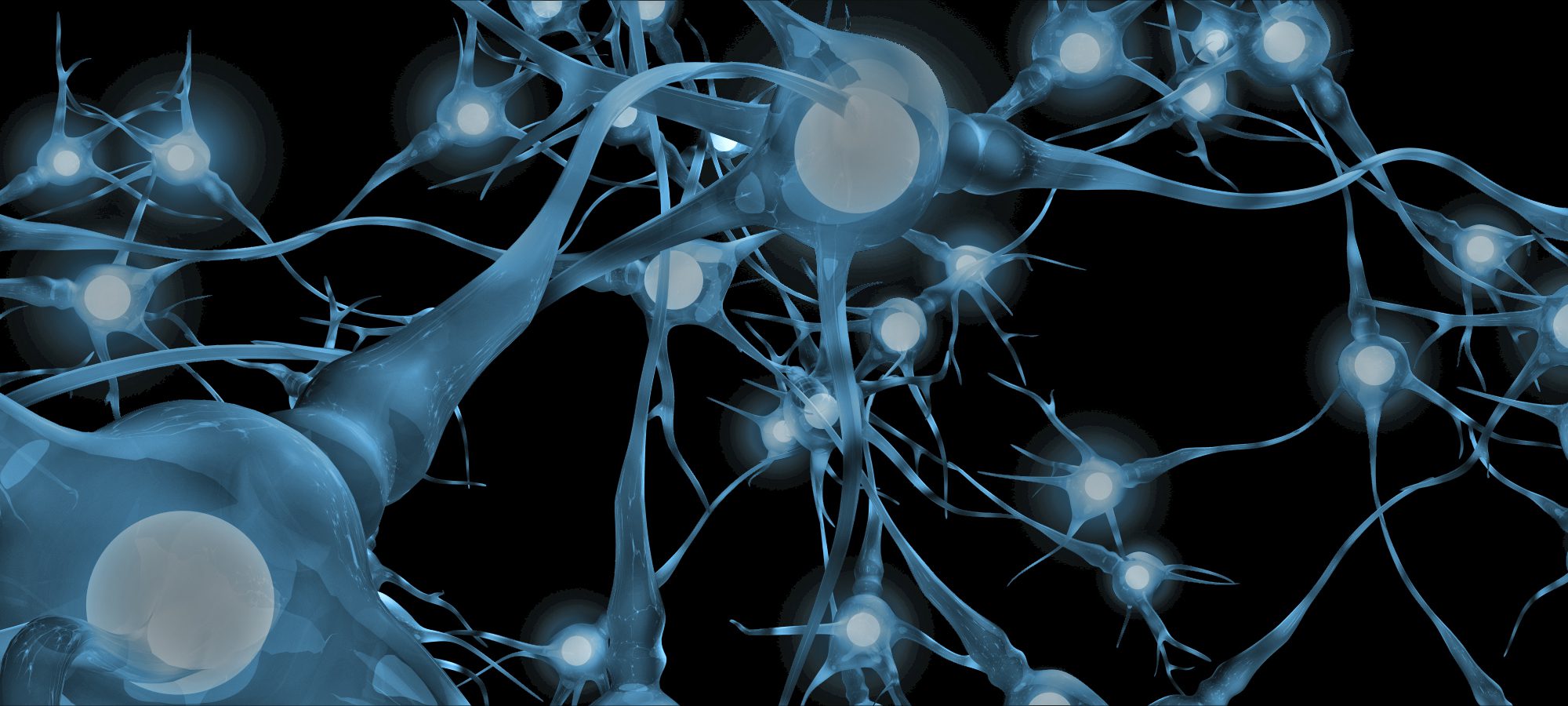Software Design
Importance of Semantics
semantics | /sɪˈmæntɪks/ | noun (functioning as sing)
‐ the branch of linguistics that deals with the study of meaning, changes in meaning, and the principles that govern the relationship between sentences or words and their meanings the study of the relationships between signs and symbols and what they represent (logic)
‐ the study of interpretations of a formal theory
‐ the study of the relationship between the structure of a theory and its subject matter (of a formal theory) the principles that determine the truth or falsehood of sentences within the theory, and the references of its terms

Application Models
A typical business application is composed of several flows or use-cases. Also, these flows consist of logical ones like a transaction that spans several flows. Take for instance an e-commerce application which consists of user registration/login, product lookup, and one of the most important interactions in an e-commerce application – the shopping cart, and much more. Although these application flows might appear to be discrete and independent of one another, it is after producing a working solution that we realize that these flows are inherently interrelated for one reason or another. The idea of designing stateless application flows is many times confused with the relation between the flows. More ...
Iterators vs. Generators
Yes, there is a difference. Although both produce the same end effect, an iterator is not the same as a generator. The difference is in the way it is implemented and also consumed. Iterator is a (design/implementation) pattern while Generator is a language construct supported by the compiler. More ...
Mundane vs JINQ Way
New things are not always instantly accepted. Beyond skepticism, new things challenge the comfort people are accustomed to. JINQ wasn’t particularly welcomed. It was either discarded as unknown angel or worse … ridiculed. However, JINQ still promises expressive succinct code. More ...